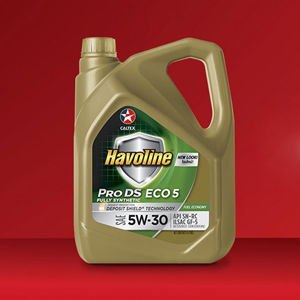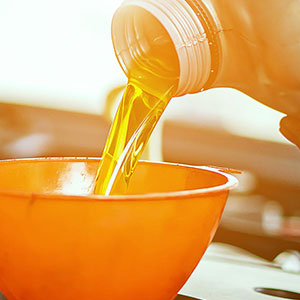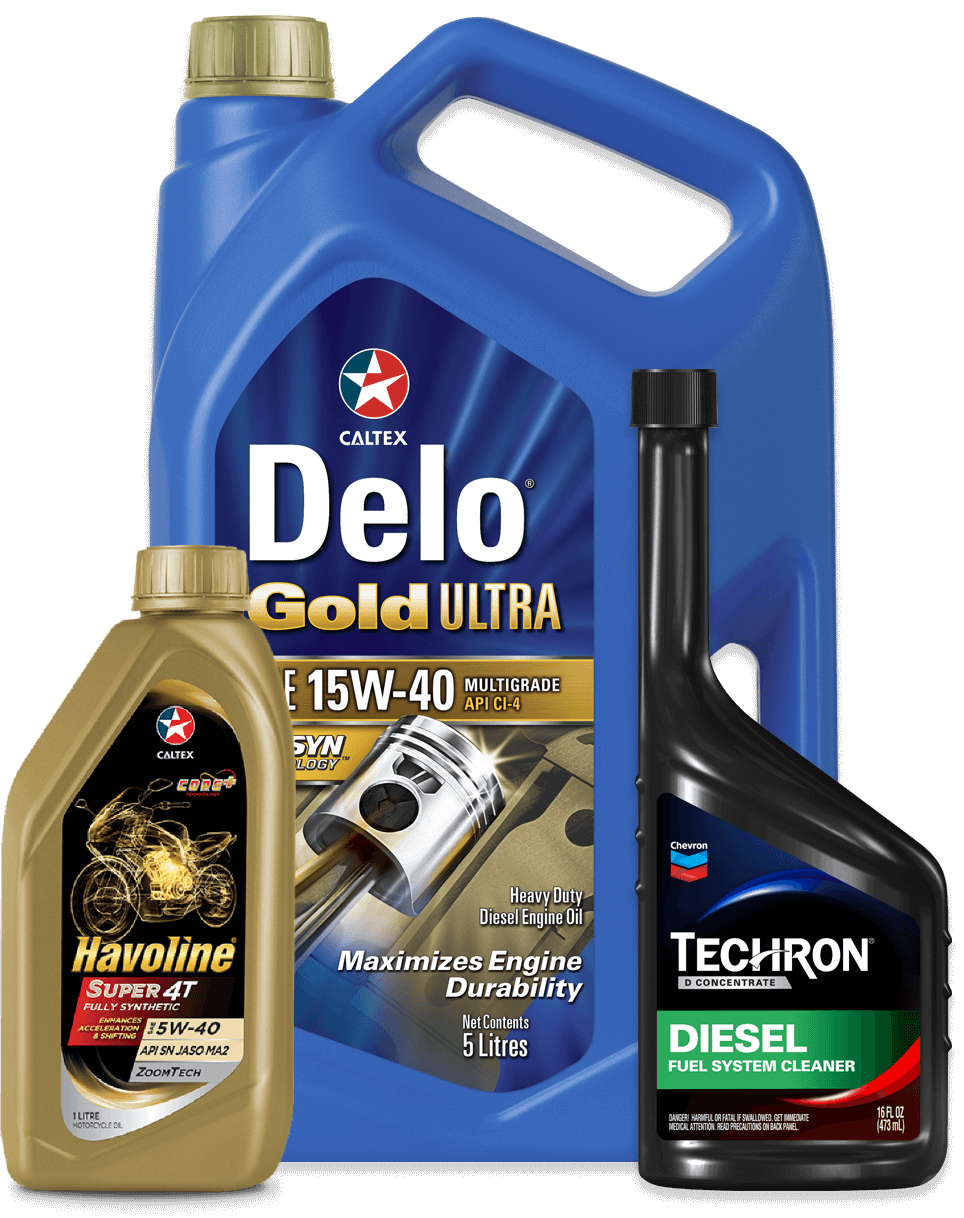Let’s start with some advice!
If you’re in the construction or mining industry, you need to be paying extra attention to the separate lubricant specifications for each equipment type and application for Caterpillar equipment.
Something of particular focus is that if you are using CAT TO-4 spec oil for the final drives of bigger and heavier workload equipment such as mining haul trucks, maybe it is time to rethink your choice of lubricant. A possible solution is to make the switch to a lubricant that would fulfill the requirements of FD-1 spec.
Background
To explain why we’re saying this, maybe a little background will help. For long, the CAT TO-4 spec has been the go-to for clutch compatibility, especially in wet brake systems and transmissions. In order to match the amount of torque transmitted to the needed torque resistance for the brakes, you will need a fluid that can allow the clutch materials to work with each other.
Quite some time ago, Caterpillar had confirmed that engine oil was simply not enough to meet the requirements to transfer torque for these components. This confirmation subsequently led to the birth of TO-4 specifications back somewhere in the 1990s. In case you’re wondering what Chevron products meet this spec’s requirements, they are Delo® TorqForce® SAE 10W, SAE 30, SAE 50, and SAE 60 fluids.
Within these fluids, SAE 50 and SAE 60 have been traditionally used in the differentials and final drives of Caterpillar dozers that use the fluid to lubricate clutches or oil-immersed brakes from a common sump system. Immersing the brakes in this oil not only allows the clutch packs to work effectively, but it also helps keep the brakes cool.
Today's scenario
However, today’s bigger haul trucks are fitted with mechanical drives that use separate compartments for wet brakes. Many customers use TO-4 SAE 10W to lubricate these wet brakes. Larger haul trucks bearing loads, boasting heavier gear and working through higher temperatures put an immense amount of pressure on axles, differentials and final drives.
Under such circumstances, a TO-4 fluid is quite simply not robust enough to take the kind of load and torque offered by such drives and neither does it provide enough gear protection compared to fluid from the FD-1 spec. For this reason, Caterpillar recommends using a Final Drive Axle Oil (FDAO) that fulfills the FD-1 specifications for heavily loaded final drives and differentials that do not come with wet brakes.
Not only does the use of FD-1 spec oil for such heavy applications increase the component life of the differential, but it also increases fluid life by almost two folds compared to trucks using a TO-4 spec fluid. While the use of TO-4 spec fluids across all applications would undoubtedly reap short-term economic benefits for some operators, the benefit is more than offset by the increased risk of equipment failure and reduced component life.
Conversely, it is not advisable to use FD-1 spec oil for equipment with wet brakes, as that would also most likely cause brake failure at some point during the operation. To meet the increased demand for and heavier loads placed on bigger off-road equipment, Chevron has introduced, Delo® TorqForce FD SAE 60 for applications that require Caterpillar FD-1 spec oil.
If you need further clarification on the applications and types of equipment that are best suited for the use of an FD-1 spec oil, please contact us.
Let’s start with some advice!
If you’re in the construction or mining industry, you need to be paying extra attention to the separate lubricant specifications for each equipment type and application for Caterpillar equipment.
Something of particular focus is that if you are using CAT TO-4 spec oil for the final drives of bigger and heavier workload equipment such as mining haul trucks, maybe it is time to rethink your choice of lubricant. A possible solution is to make the switch to a lubricant that would fulfill the requirements of FD-1 spec.
Background
To explain why we’re saying this, maybe a little background will help. For long, the CAT TO-4 spec has been the go-to for clutch compatibility, especially in wet brake systems and transmissions. In order to match the amount of torque transmitted to the needed torque resistance for the brakes, you will need a fluid that can allow the clutch materials to work with each other.
Quite some time ago, Caterpillar had confirmed that engine oil was simply not enough to meet the requirements to transfer torque for these components. This confirmation subsequently led to the birth of TO-4 specifications back somewhere in the 1990s. In case you’re wondering what Chevron products meet this spec’s requirements, they are Delo® TorqForce® SAE 10W, SAE 30, SAE 50, and SAE 60 fluids.
Within these fluids, SAE 50 and SAE 60 have been traditionally used in the differentials and final drives of Caterpillar dozers that use the fluid to lubricate clutches or oil-immersed brakes from a common sump system. Immersing the brakes in this oil not only allows the clutch packs to work effectively, but it also helps keep the brakes cool.
Today's scenario
However, today’s bigger haul trucks are fitted with mechanical drives that use separate compartments for wet brakes. Many customers use TO-4 SAE 10W to lubricate these wet brakes. Larger haul trucks bearing loads, boasting heavier gear and working through higher temperatures put an immense amount of pressure on axles, differentials and final drives.
Under such circumstances, a TO-4 fluid is quite simply not robust enough to take the kind of load and torque offered by such drives and neither does it provide enough gear protection compared to fluid from the FD-1 spec. For this reason, Caterpillar recommends using a Final Drive Axle Oil (FDAO) that fulfills the FD-1 specifications for heavily loaded final drives and differentials that do not come with wet brakes.
Not only does the use of FD-1 spec oil for such heavy applications increase the component life of the differential, but it also increases fluid life by almost two folds compared to trucks using a TO-4 spec fluid. While the use of TO-4 spec fluids across all applications would undoubtedly reap short-term economic benefits for some operators, the benefit is more than offset by the increased risk of equipment failure and reduced component life.
Conversely, it is not advisable to use FD-1 spec oil for equipment with wet brakes, as that would also most likely cause brake failure at some point during the operation. To meet the increased demand for and heavier loads placed on bigger off-road equipment, Chevron has introduced, Delo® TorqForce FD SAE 60 for applications that require Caterpillar FD-1 spec oil.
If you need further clarification on the applications and types of equipment that are best suited for the use of an FD-1 spec oil, please contact us.

About Author
With over 35 years in the oil and gas industry, Dan Holdmeyer has worked for Chevron the past 14 years, serving in a variety of capacities with the company in addition to his current post as Industrial and Coolants Brand Manager where he works as a lubrication engineer that supports Chevron Delo and other related lubricants brands. He plays an integral role in supporting and managing a variety of programs related to off-highway and on-highway lubrication needs. Dan also works as Chevron’s Training Specialist for their Global Lubricants division since joining the company. Prior to joining Chevron, Dan worked as a Field Engineer at Mobil Oil Corporation for 20 years (1979-99) after graduating from the University of Missouri-Columbia with a Bachelor of Science in Chemical Engineering.
ARTICLES FOR YOU
ARTICLES FOR YOU

Trends in Passenger Car Motor Oils: Evolving Engine Technology Driving Change

GM’s dexos1™ PCMO Specification Knowledge

How Synthetic Oils Are Helping Cars Last Longer

Synthetic Oils Are The Wave Of The Future For Passenger Cars
Need more assistance?
Begin your journey towards world class products and services with Caltex.













